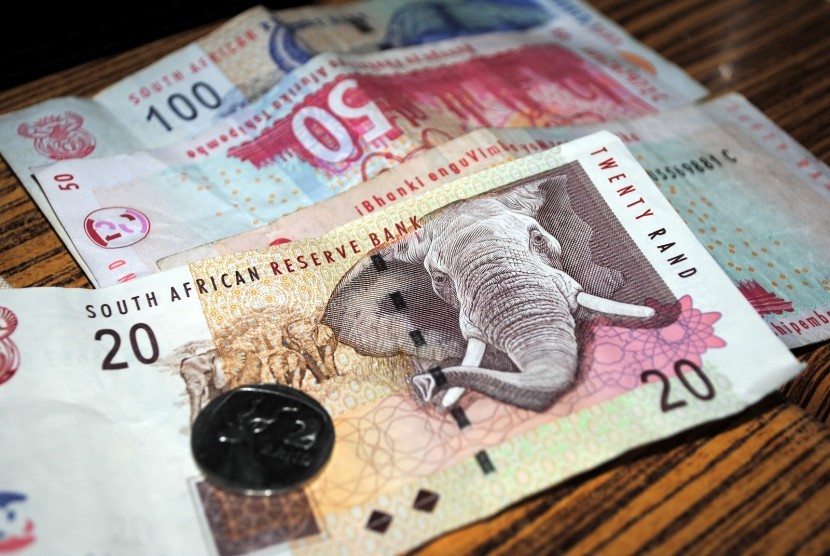REPUBLIKA.CO.ID, DENPASAR -- Indonesia's economic growth is expected improve in 2014 compared with this year's performance, the head of the Finance Ministry's Macro Economic Policy Affairs, Luky Alfirman, has said.
"We estimate the country will report better economic growth next year, despite the rupiah's value against the US dollar falling to 11.9 thousand. In fact, the depreciation could actually allow exports to bring in more revenues," Luky said on the sidelines of a seminar on Indonesia's prospects and challenges here on Tuesday.
Besides income from the increased value of exports, the fact that 2014 is an election year for Indonesia, will also have impact on the economy, especially on the services sector, which is responsible for the creation of banners and billboard advertising.
"Industries that produce shirts with political logos or are involved in the promotions of election candidates will boom because political parties will be eager to promote their messages among voters to win their support," he added.
He predicted the service industry would grow robustly between January and April 2014, which is the campaigning period for political parties hoping to contest the legislative elections on April 9.
A presidential election will take place on July 9.
"The service industry will generate more revenues during that period. I have seen this from previous experience," Luky added.
However, the National Economic Committee (KEN) has predicted that Indonesia's economic growth rate will slip to 5.5 percent next year, lower than the 5.7 percent growth rate estimated for this year.
"Indonesia's economic growth next year will not be very different from the trend seen at the end of 2013. The economy is likely to grow by an average of 5.5 percent throughout 2014," KEN chairman Chairul Tanjung had said at a seminar last week.
The 5.5 percent growth forecast, which is most likely, represents a pessimistic scenario, he added.
The committee had earlier estimated that national economic growth would range between 5.5 and 6 percent next year, Chairul noted.
"We believe that the actual growth rate will be closer to the lower limit of our predicted range," he said.
Chairul also predicted that the global economy could be relatively stable and might even strengthen slightly next year. Domestically, inflation may also be kept in check, he added.
"That, however, does not mean the Indonesian economy will automatically grow at a faster pace in 2014 compared with 2013," he noted.
Despite being stable, the global economy might not be strong enough to lift Indonesia's exports significantly, he added.
Negative sentiment toward the country's current account deficit could still lead to pressure on the economy, Chairul pointed out.
"That means there is a greater chance for monetary authorities to implement a tighter monetary policy. The government is expected to adjust its policies to Bank Indonesia's policies without aggressively attempting to boost economic growth," he said.


